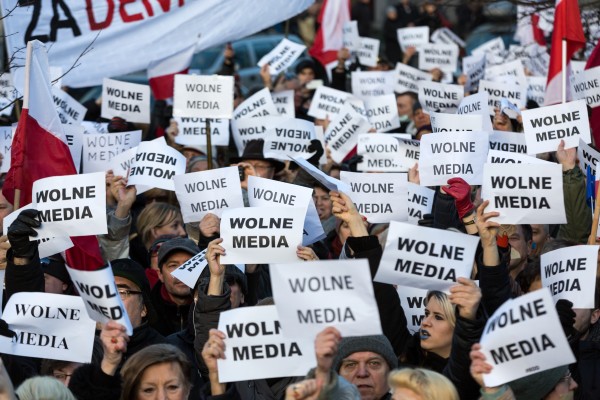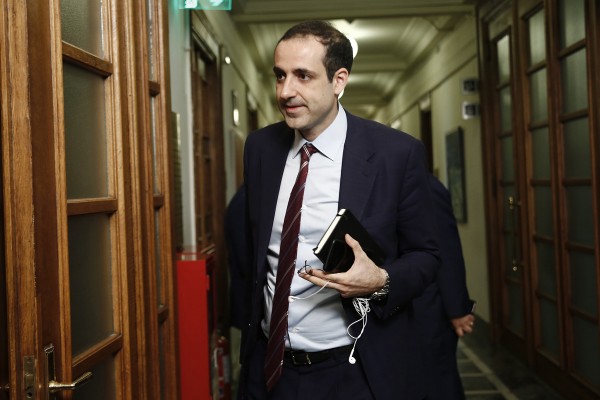The International Press Institute (IPI), the global network of editors, media executives and leading journalists, calls upon the Belgian brewery company, Interbrew NV, and its lawyers to halt its legal proceedings against The Guardian, the Financial Times, The Times, The Independent and Reuters so that all legal remedies may be exhausted, including a possible hearing before the European Court on Human Rights.
According to information provided to IPI, in November 2001 an anonymous source sent financial documents to The Guardian outlining a possible bid by Interbrew for South African Breweries (SAB). Originally published in the Financial Times, Interbrew claimed the documents were either forged or doctored to show evidence of a potential bid. On the day of the exposure, the share price of Interbrew reportedly fell by 7.5 per cent while SAB’s London listed shares went up by 8 per cent.
In December of last year, a high court judge ordered the media groups to hand over the documents and this judgment was later upheld by the court of appeal. The House of Lords subsequently refused to hear the appeal from the lower court. As a result of the legal action, lawyers acting for Interbrew can now execute their judgement against the media organisations. A failure to comply carries with it potential fines or possible imprisonment.
Commenting on the case, Director of IPI Johann P. Fritz said, “The lawyers acting for Interbrew should desist from their attempts at executing the judgment or returning to the courts to attach penalties against the editors. The media organisations should be allowed to exhaust all other legal avenues. It shows there is a real need for a fast track procedure to bridge the gap between the courts in Britain and those on the European mainland.
It is intolerable in such a case that the possible need for intervention from the European Court on Human Rights might well be over before it even sits. Although a precedent might be set, this is hardly of benefit to media organisations that have lawyers sitting on their front doorsteps.”
Fritz went on to say, “I would call upon the plaintiff and its lawyers to refrain from executing the judgment and attaching penalties prior to any future court hearings. While I accept that there are many important issues at stake, including the possibility of criminal wrongdoing by person or persons unknown, the fundamental issue in this case is the right of the media to protect their confidential sources. If such a right were diluted then the media would find it increasingly difficult to expose corporate malfeasance. A fact that would surely be harmful not only to the public who deserve accountability in these matters but also to corporations, such as Interbrew.”
Speaking of the penalties, Fritz said, “Those journalists who face possible imprisonment have my full support and the support of the International Press Institute. The imprisonment of journalists will inevitably tarnish the reputation of the legal system of England, Wales and Northern Ireland and create a worrying precedent for penalising the media for carrying out their profession. It is important that the imprisonment of journalists does not become the norm in cases where important principles of press freedom are at stake.”


